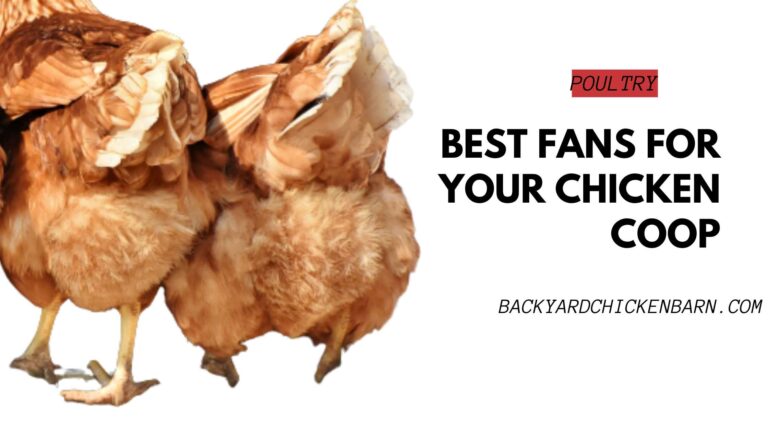Can Chickens Eat Papaya Seeds?
Yes, chickens can eat papaya seeds, and they can be a beneficial addition to their diet when offered in moderation. Papaya seeds contain several nutrients and enzymes that can support digestive health and overall well-being in chickens.
Nutritional Benefits of Papaya Seeds for Chickens
Papaya seeds offer several nutritional benefits:
- Protein: Contains a moderate amount of protein.
- Healthy Fats: Provides essential fatty acids.
- Fiber: High fiber content aids in digestion.
- Enzymes: Contains the enzyme papain, which helps in protein digestion and has anti-parasitic properties.
- Antioxidants: Rich in antioxidants that help protect cells from damage.
Nutritional Summary of Papaya Seeds
| Component | Amount | Benefits |
|---|---|---|
| Protein | Moderate | Supports growth and overall health |
| Healthy Fats | Moderate | Provides essential fatty acids |
| Fiber | High | Promotes healthy digestion |
| Enzymes | Present | Aids in protein digestion, anti-parasitic |
| Antioxidants | High | Protects cells from oxidative damage |
How to Feed Papaya Seeds to Chickens
To safely feed papaya seeds to your chickens, follow these guidelines:
Preparation
- Clean Thoroughly: Ensure the papaya seeds are clean and free from any mold or contaminants.
- Crush or Grind: It’s a good idea to crush or grind the seeds before feeding them to chickens. This makes them easier to eat and digest, and helps release the beneficial enzymes.
Feeding
- Moderation: Offer papaya seeds as an occasional treat rather than a staple. They should not make up more than 5-10% of their diet.
- Mix with Other Foods: Combine the crushed or ground seeds with other grains, seeds, and vegetables to provide a balanced diet.
- Observation: Monitor your chickens to ensure they are eating the seeds without any issues.
Potential Risks
While papaya seeds are generally safe, there are a few potential risks to be aware of:
- Overfeeding: Too many seeds can lead to digestive upset due to their high fiber and enzyme content. Moderation is key.
- Bitter Taste: Papaya seeds have a slightly bitter taste, which some chickens might not like.
Safe Alternatives and Supplements
To provide a varied and balanced diet, consider incorporating other safe and nutritious seeds and treats:
Safe and Nutritious Seeds for Chickens
- Sunflower Seeds: High in protein and healthy fats, but should be given in moderation due to their fat content.
- Pumpkin Seeds: Nutrient-dense and can help with parasite control.
- Flaxseeds: High in omega-3 fatty acids, which are beneficial for overall health.
- Chia Seeds: Rich in protein, fiber, and omega-3 fatty acids.
Table: Comparison of Safe Seeds for Chickens
| Seed | Key Nutrients | Benefits |
|---|---|---|
| Papaya Seeds | Protein, Healthy Fats, Enzymes | Supports digestion, anti-parasitic properties |
| Sunflower Seeds | Protein, Healthy Fats | High in protein, supports feather health |
| Pumpkin Seeds | Protein, Fiber, Zinc | Nutrient-dense, supports immune function |
| Flaxseeds | Omega-3, Fiber | Supports overall health, anti-inflammatory |
| Chia Seeds | Protein, Fiber, Omega-3 | High in protein, supports digestion and overall health |
Expert Tips for Feeding Seeds to Chickens
- Clean and Fresh: Always provide clean, fresh seeds to prevent spoilage and contamination.
- Variety: Offer a variety of seeds and other treats to ensure a balanced intake of nutrients.
- Moderation: Treat seeds as occasional supplements to their main diet, not primary food sources.
- Observation: Regularly observe your chickens for any signs of digestive issues or adverse reactions when introducing new foods.
Conclusion
Papaya seeds can be a safe and nutritious treat for chickens when fed in moderation. They provide beneficial nutrients and enzymes that support digestion and overall health. Always ensure the seeds are clean, crushed or ground, and incorporated as part of a varied and balanced diet. Monitor your flock for any adverse reactions to ensure their well-being.
If you have any further questions about feeding papaya seeds or other foods to your chickens, feel free to ask!


